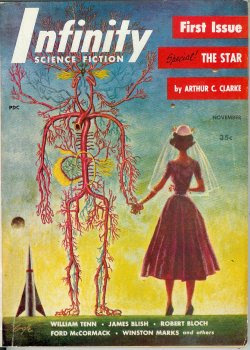Africa Reading Challenge
Via Meskel Square I learned of the Africa Reading Challenge created by the blog Siphoning Off a Few Thoughts : Participants commit to read - in the course of 2008 - six books that either were written by African writers, take place in Africa, or deal significantly with Africans and African issues. Participants will write about the books on their blogs and a list with links will be (well, is already being) kept at Siphoning Off a Few Thoughts. There are a few reasons why I'm going to participate in the Challenge. We are lucky to live in a time when African literature of all sorts is plentiful (though, sadly, less in Africa than outside it, because the infrastructure for book production and distribution on the continent is limited to a few countries) and it's a particular interest of mine, but a recent enough one that my knowledge is still pretty superficial. I hope the Reading Challenge will increase people's curiosity about what books are out there, and I look forward to...


